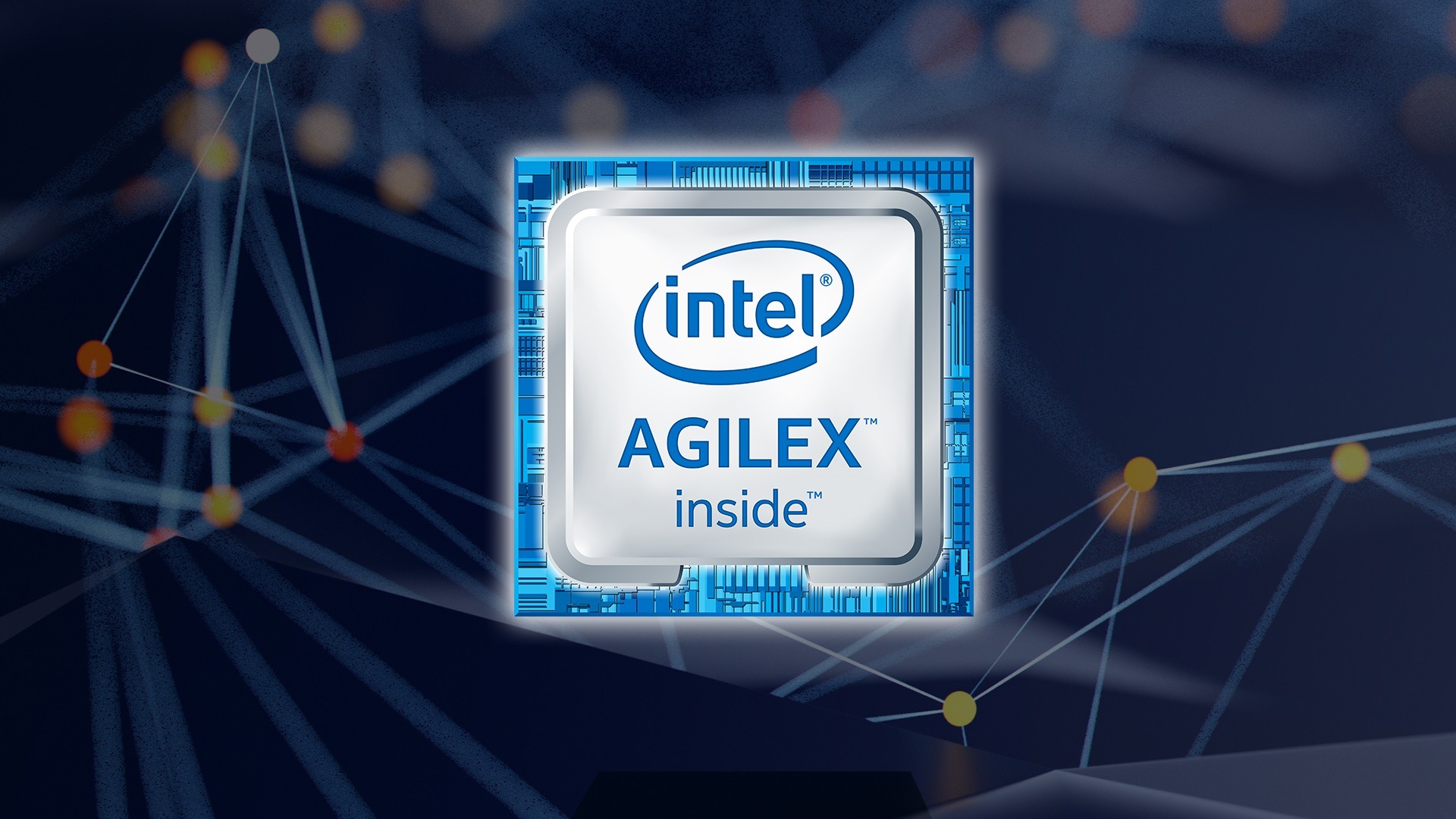 INFRA
INFRA
 INFRA
INFRA
 INFRA
INFRA
Intel Corp. today announced plans to spin out its programmable chip unit as a standalone business, and will treat it as a separate entity going forward.
Ultimately, the chip giant aims to hold an initial public offering for the unit, at which point it would become an independent company. Intel’s Programmable Solutions Group will henceforth have its own balance sheet as it moves toward independence. It said it will continue to support the unit, and will retain a majority stake once it spins it out.
Sandra Rivera, who currently leads Intel’s Data Center and AI group, will assume the role of chief executive officer at PSG. She will continue in her existing role for the time being, until a replacement is found. PSG is currently a part of the Data Center and AI business unit.
Intel became a major player in the programmable chip business back in 2015 when it acquired Altera Corp. for $16.7 billion. At the time of the acquisition, Intel said the deal would boost its presence in the market for an emerging class of chips that power internet-connected devices.
Programmable chips, also known as field-programmable gate arrays or FPGAs, are simpler than the chips that sit at the heart of data center servers and personal computers, but are also more flexible and power-efficient and can respond faster. They’re programmed for specific use cases by customers only after they have been shipped out. FPGAs are commonly used in data centers, telecommunications, video encoding, aviation and other industries, and can also be used to run some artificial intelligence algorithms.
It’s believed there has been strong demand for FPGAs in recent years. Lattice Semiconductor Corp., which specializes in FPGA chips, has seen its stock rise more than 30% this year, and reported revenue growth of 18% in its most recent financial quarter. Intel’s rival Advanced Micro Devices Inc. also plays in the FPGA market, having bought out another specialist, Xilinx Inc., for $35 billion last year.
What is less clear is how much of a boost the FPGA chips have given to Intel’s wider Data Center and AI group. The chipmaker hasn’t broken out any revenue numbers for PSG so far, though in its July earnings call it said the unit had delivered record revenue for three successive quarters.
Despite that boost, Intel has struggled with slowing revenue growth over the last year, and it’s known that Chief Executive Pat Gelsinger has other ambitions beyond FPGAs. Since taking charge of Intel in 2021, his strategy has focused on building out the company’s foundry business and advancing its core manufacturing process in an effort to catch Taiwan Semiconductor Manufacturing Co., the world’s biggest chipmaker.
As a result, Gelsinger prefers to spend the company’s resources on building new factories and research and development. Other initiatives are being deprioritized, as shown by Intel’s decision to spin out Mobileye Global Inc. last year and exit the automotive chip business.
There are two major reasons why spinning off the programmable chip business makes sense for Intel, said Charles King of Pund-IT Inc. He explained that first and foremost, while the PSG unit appears to be quite healthy and profitable, it sits outside of Intel’s current core focus areas. “This is emphasized by Intel’s current effort to revitalize its manufacturing process and its fab facilities,” King added. “By spinning the group out through an IPO, Intel can sharpen its focus and generate significant returns that can be invested in more critical areas.”
Another reason to spin out the PSG unit, King said, is the strategic value it can provide if China ever decides to act on its claims on Taiwan, where the bulk of the world’s programmable chips are currently manufactured. “It is most likely that the biggest FPGA customers, such as the U.S. Defense Department and its allies, would rather buy from a U.S. entity than do business with companies in a PRC-ruled Taiwan,” he explained.
Intel said the PSG business will start operating as a standalone entity in early 2024. It’s seeking private investors to back the unit ahead of an IPO that’s expected to take place in two to three years. Intel will continue to manufacture PSG’s chips at its own factories.
“Our intention to establish PSG as a standalone business and pursue an IPO is another example of how we are consistently unlocking more value for our stakeholders,” Gelsinger said.
Shareholders reacted positively to the news, with Intel’s stock climbing more than 2% following the announcement.
Support our mission to keep content open and free by engaging with theCUBE community. Join theCUBE’s Alumni Trust Network, where technology leaders connect, share intelligence and create opportunities.
Founded by tech visionaries John Furrier and Dave Vellante, SiliconANGLE Media has built a dynamic ecosystem of industry-leading digital media brands that reach 15+ million elite tech professionals. Our new proprietary theCUBE AI Video Cloud is breaking ground in audience interaction, leveraging theCUBEai.com neural network to help technology companies make data-driven decisions and stay at the forefront of industry conversations.